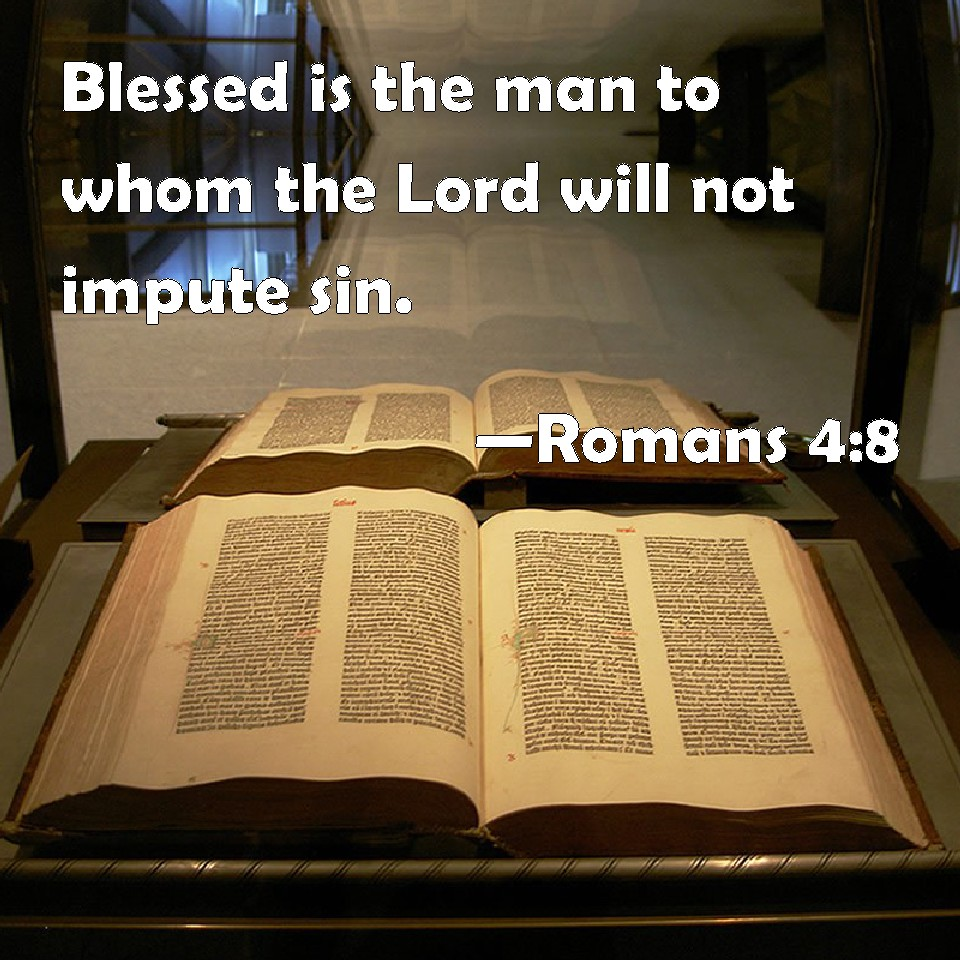Gaius Plinius Caecilius Secundus, (aka Pliny the Younger), was a Roman author and administrator who left a collection of private letters that intimately illustrated public and private life in the Roman Empire. As the Roman governor of what is now modern Turkey, Pliny wrote a letter to Emperor Trajan around 112 A.D. and asked for the Emperor’s counsel regarding how to deal with Christians. Pliny saved his letters as well as Trajan’s replies, and these are the earliest surviving Roman documents to refer to early Christians.
In the letter, (Epistulae X.96), Pliny asked for procedures in dealing
with the large number of Christians who were being brought before him daily on
charges of:
a) refusing military service
b) refusing the do obeisance to the Emperor’s
Statue (about the equivalent of saluting the American flag or refusing to sign a
Loyalty Oath in the 1950’s), and
c) having a strange new and secret religion which although harmless, seemed dangerous to the established Roman way of life.
The letter stated: “In the meantime, the method I have observed towards those who have been denounced to me as Christians is this: I interrogated them whether they were in fact Christians; if they confessed it, I repeated the question twice, adding the threat of capital punishment; if they still persevered, I ordered them to be executed...they affirmed, however, that the whole of their guilt, or their error, was that they were in the habit of meeting on a certain fixed day before it was light, when they sang in alternate verses a hymn to Christ, as to a god, and bound themselves by a solemn oath, not to perform any wicked deed, never to commit any fraud, theft or adultery, never to falsify their word, nor deny a trust when they should be called upon to make it good; after which it was their custom to separate, and then reassemble to partake of food – but food of an ordinary and innocent kind.”
Yet, these Christians were deemed ‘problems’ to Roman society. Jesus was deemed a ‘problem’ (Luke 23:5). Paul, Silas, and their companions were viewed as a ‘problem’ (Acts 17:6). This was not new. In the Old Testament, God’s people were frequently singled out as ‘problems’ to society. In the days of Elijah, there was a three-year drought in Samaria which resulted in a severe famine (1 Kings 18:1). Jehovah told Elijah to go to Ahab and tell him that Jehovah was going to send rain. We read: “And it came to pass, when Ahab saw Elijah, that Ahab said unto him, Is it thou, thou troubler of Israel? And he answered, I have not troubled Israel; but thou, and thy father’s house, in that ye have forsaken the commandments of Jehovah, and thou hast followed the Baalim” (1 Kings 18:17-18). Both accused each other of being the ‘troubler’. The real ‘problem’ of course was with the one who had forsaken the commands of Jehovah. Prior to this, in Joshua’s day, Achan was a ‘problem’ in the society of Israel (1 Chronicles 2:7). The reason was because Achan transgressed the command of Jehovah. From this we see that there are two ways in which God’s people can be ‘problems’ to society.
1] When they only outwardly appear to follow God. Only people without ‘eyes to see’ and ‘ears to hear’ are fooled. However, when inwardly, Christians are immoral in thought, compromising in convictions, selfish, and unloving, they will be a hindrance to those outside of Christ as well as a discouragement to those who are in Christ. Because of their hypocrisy, God will be cursed rather than blessed (cf. Romans 2:24; 2 Peter 2:2).
2] When they expose sin. When this happens, those without ‘eyes to see’ and ‘ears to hear’ will view them as Ahab viewed Elijah. However, Jehovah will be honored, and eternal life will be their reward. When Jesus appeared to Saul of Tarsus, He told him that he was to open the eyes of the Gentiles that they may receive forgiveness so as to inherit eternal life (Acts 26:15-18; cf. 2 Corinthians 6:14; Ephesians 5:11; 1 Timothy 5:20).
Such allegations and any ensuing persecutions toward Christians, demands of them a faith that will not be moved from staying the course of obedience (cf. Romans 8:35-39; Revelation 2:10b). Their faith must overcome fear of what may be done physically to them, even to the point of physical death. Their faith must look beyond the temporal to see the eternal. They must have ‘eyes to see’ in the sense that Jesus meant: to perceive temptation and avoid it (Proverbs 5:3-8); and to discern good from evil (Isaiah 5:20).
Being a problem to society is, in reality, a
blessing from God, when it accords with the purpose for which Jesus was sent.
Peter described that purpose in the following manner: “God, having raised up
his Servant, sent him to bless you, in turning away every one of you from
your iniquities.” (Acts 3:26).
8/28/22



